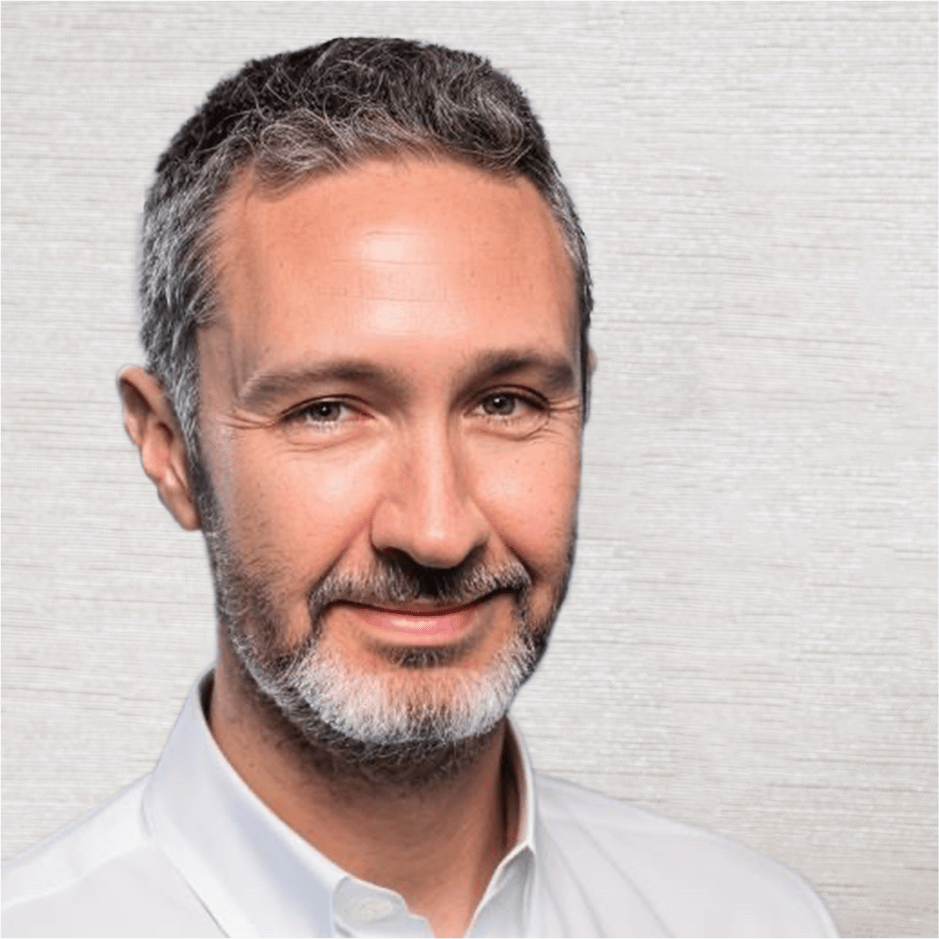
Dan is a seasoned Talent Development professional, having led Learning & Development functions in the international development and technology sectors. Dan comes to DT Global off a brief break from the international development sector, most recently at Google, where he served as Learning Technology Program Manager, and Federated Wireless, a telecommunications startup, where he was Director of Learning & Development.
Before his stint in the tech sector, Dan served as a Talent Development and Learning leader in the global health arena with organizations like PSI and Pathfinder International, where he built foundational staff development and Collaborating, Learning, & Adapting (CLA) programs like PSI's Great Managers Program and Pathfinder Atlas. Dan also brings significant field experience across East and West Africa—including a year based in South Sudan with IRC—where he managed programs, facilitated trainings, conducted strategy and planning workshops, and partnered with country teams to write winning proposals. Dan's journey in international development began in 2011 as an intern with Development Transformations, a legacy company of DT Global.
Dan is a certified coach through the CoachDiversity Institute and Certified Professional in Talent Development with the Association for Talent Development (ATD). He lives in Kensington, MD with his wife, two young kids, and his dog, Bernie
What was the last really great book you read? Why?
I just read the latest book by Siddhartha Mukherjee Song of the Cell, by The Song of the Cell: An Exploration of Medicine and the New Human. It is a fascinating and accessible look at cells, and how we came to understand the cell as the fundamental building block of life, and what happens when—with modern technology—we can manipulate cells, and the ethical questions it raises.
If you were doing something else besides this, what would it be?
Both of my parents are clinical psychologists, so I decided early on that I would never be a therapist. But, if I had to do it over again, I think I would have enjoyed being a psychologist. Lucky thing I also love what I do now.